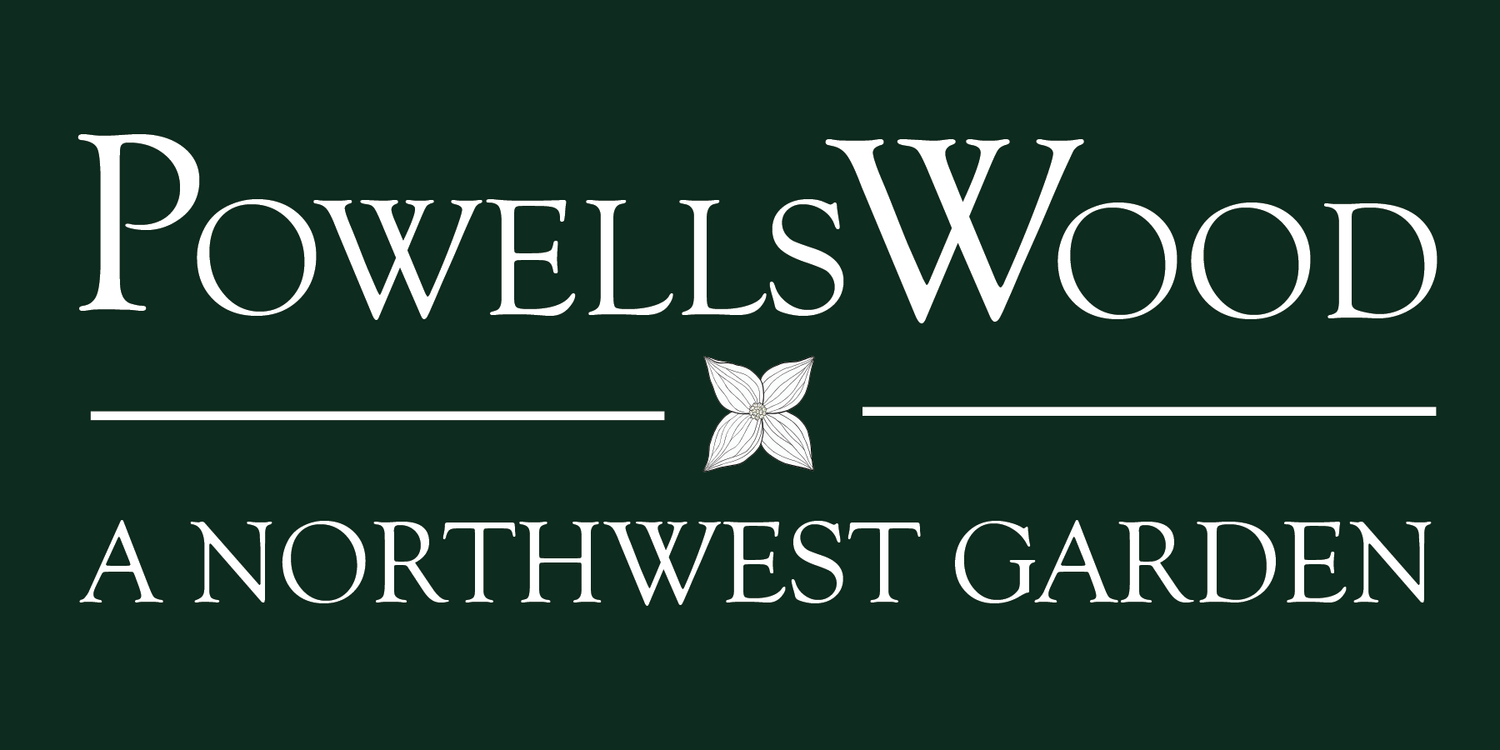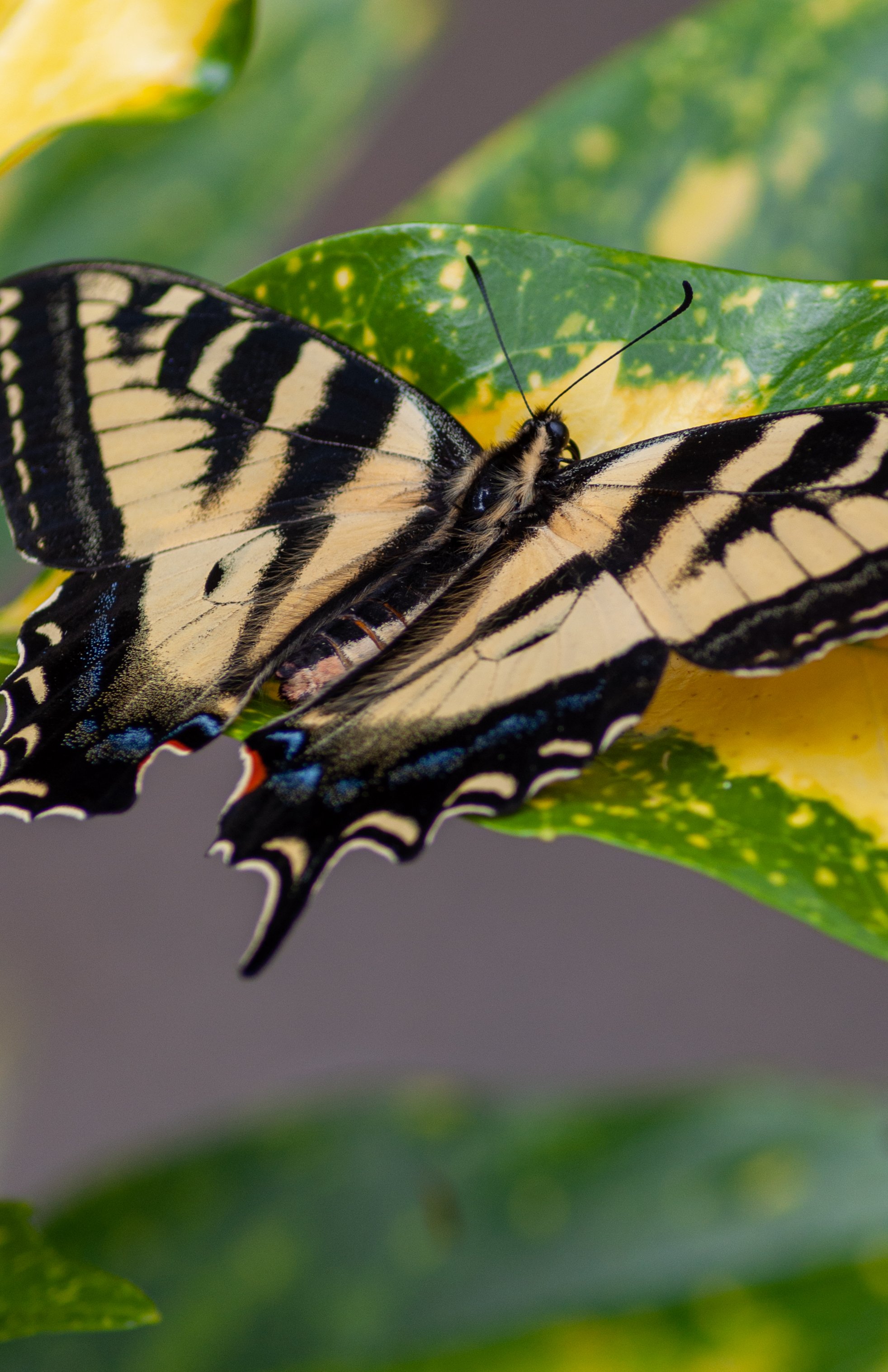
PowellsWood is committed to sustainability.
The ethos of sustainability is at the core of PowellsWood operations. Since the garden was founded, sustainability has informed how the garden is developed and maintained. See below for examples of sustainable practices at PowellsWood.
What is sustainability? Sustainability is the practice of meeting current needs without depletingor damaging resources. Sustainability centers the importance of respecting the environment to ensure that future generations are best equipped to survive in harmony with nature.
What is sustainable gardening? Sustainable gardening is the practice of creating a garden thatsupports itself by working with and not against the framework of an ecosystem. This includes avoiding the use of finite natural resources and minimizing external influence (ex. pesticides, fertilizer, labor).
Sustainable Practices at PowellsWood:
-
Avoiding Pesticides & Herbicides
Pesticides and herbicides adversely affect soil composition and can be harmful to resident organisms, like birds, fish, and insects. In order to avoid the use of toxic chemicals, PowellsWood selects pest-resistant plants, composts to maintain the health of the soil, and allows native plants to thrive.
-
Recirculating Stream
The Pond captures stormwater and recirculates that water via pump back up to the top of the stream. As the pond basin overflows, the water feeds into the ground, down through the fish dams, and into Puget Sound. Through a process called biofiltration, the water quality improves as it travels through the soil and organic materials in the garden and nature preserve. This stormwater management process supports the health of Puget Sound.
-
Green Lot Parking Area
Rather than creating a paved parking lot, the upper lawn lot at PowellsWood preserves the groundwater supply and helps minimize increasing temperatures as a result of the urban heat island effect. Click here to learn more about the benefits of green parking lots.
-
Construction of the Observation Deck
In 2011, PowellsWood created the Observation Deck using salvaged wood piers from the Des Moines waterfront. The observation deck provides visitors with a view of the successional second growth Pacific Northwest forest.
-
Removal of Invasive Species:
Since the land was acquired by PowellsWood, the garden has removed invasive species that threaten the health and success of native plants.
-
Building Up The Soil
PowellsWood avoids soil disturbance as much as possible, increasing the organic material through the regular use of mulch. This process contributes to soil structure, moisture retention, mycorrhizal fungi, improved microbial habitat,, weed suppression, and healthier plants.

Make a donation.
Support PowellsWood’s conservation efforts and the upkeep of the garden. Make a donation to keep the garden thriving for generations to come.



